Global Black Soil Distribution Map
GBSmap - v1.0 has just been launched! Click here to learn more
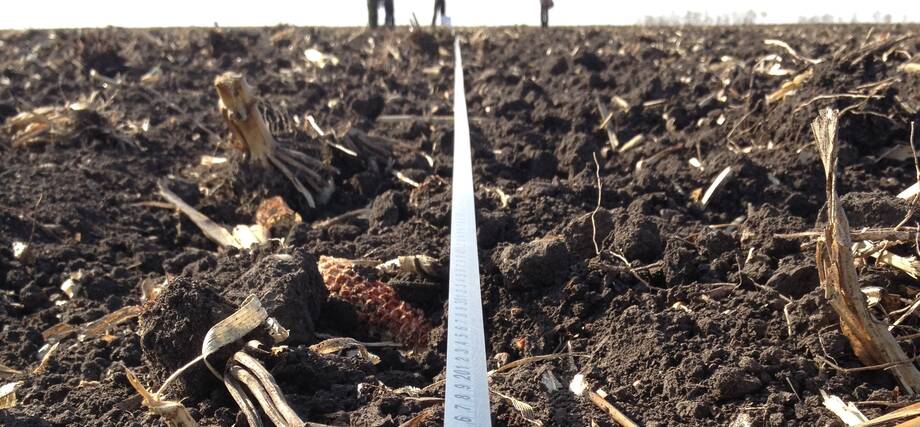

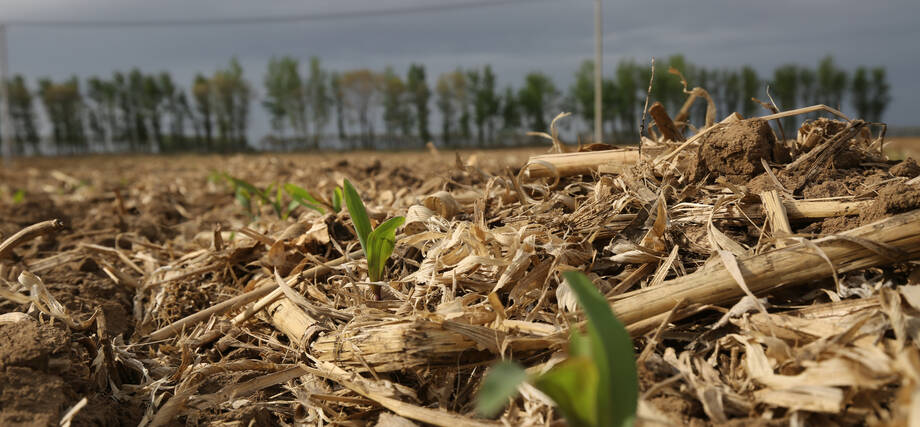

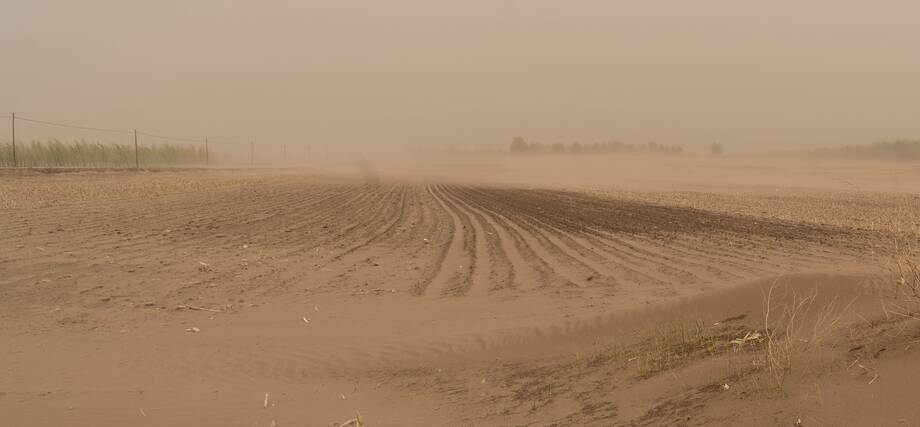
The International Network of Black Soils (INBS) aims to provide a platform for knowledge sharing for countries with black soils to discuss common issues related to the conservation and sustainable management of these soils and the need to foster technical exchanges and cooperation. Launched in March 2017, in the presence of representatives from national soil institutions from Argentina, Brazil, China, the Russian Federation, and the United States of America (USA), the INBS will enhance collaboration and identify relevant research gaps to be addressed in a global status report on the challenges of scaling up the sustainable use of black soils. Delegates from 18 countries signed the Harbin Communiqué (September, 2018). For more information contact: [email protected] and the: GSP-Secretariat.
Black Soils are characterized by a thick, dark-colored soil horizon rich in organic matter. Due to their inherent high fertility, these soils remain very sensitive to anthropogenic intervention and are prone to severe degradation. Because of their high soil organic carbon (SOC) content, they are also very sensitive and can be potential large sources of greenhouse gases. Extensively and intensively farmed, they constitute the food basket for many countries. Notwithstanding the relatively small percentage (7%) of the world’s ice-free land surface Black Soils cover, it is crucial to promote their conservation and sustainable use to maintain their functioning in order to sustain their supporting food security while protecting the environment and mitigating climate change.
Related links
The establishment of this network has the following objectives:
1. To provide a platform for countries with black soils to discuss common issues related to the conservation and sustainable management of Black Soils.
2. To develop a report on the global status, current productivity and challenges in black soils.
3. To foster collaboration among these countries towards promoting the sustainable use and management of Black Soils and identify relevant research gaps.
4. To serve as a platform for knowledge sharing and technical cooperation on Black Soils management.
Check the launching video
Check the DG Graziano Da Silva video message
The network is established under the framework of the Global Soil Partnership. Countries with Black Soils through their national soil institutions (i.e. Austria, Argentina, Brazil, Bolivia, Bulgaria, Canada, China, Hungary, India, Mexico, Mongolia, Paraguay, Romania, Russian Federation, Ukraine, Uruguay, USA, etc.) will be invited to join this network under clear Terms of Reference and under the guidance of a Network Chair (to be appointed following the Terms of Reference). Check the International Black Soil Monitoring Network.
Contact us at the GSP Secretariat if you need to reach out the INBS country focal point.
|
INBS focal point |
Contact person |
|
Chairman |
Miguel Angel Taboada (Argentina) |
|
Previous Chair |
Guiqing Han (China) |
|
Ivan Vasenev (Russian Federation) |
|
|
Vice -Chairman |
William May (Canada) |
|
ITPS |
Lúcia Helena Cunha dos Anjos(Brazil) |
|
Secretary |
Yuxin Tong |
|
Argentine |
Marcos Esteban Angelini |
|
Canada |
Xiaoyuan Geng |
|
European Union |
Luca Montanarella |
|
The Federal Democratic Republic of Nepal |
Chandra Risal |
|
The Federative Republic of Brazil |
Ricardo Bergamo Schenato |
|
Italy |
Maria Fantappié |
|
Hungary |
Tamás Hermann |
|
Kenya |
Bernard Waruru |
|
The Kingdom of Morocco |
Rachid Moussadek |
|
The Kingdom of Thailand |
Sunsanee Arunyawat |
|
The Kyrgyz Republic |
Roza Orozakunova |
|
Mongolia |
Enkhtuya Bazarradnaa |
|
The Republic of Poland |
Bozena Smreczak |
|
The Republic of Mozambique |
Jose da Graca Tomo |
|
The Republic of Armenia |
Markosyan Albert |
|
The Republic of Bulgaria |
Toma Shishkov |
|
The Republic of Chile |
Rodrigo Osorio Hermosilla |
|
The People's Republic of China |
Baoku Zhou |
|
The Republic of Colombia |
Napoleón Ordóñez Delgado |
|
The Republic of Georgia |
Giorgi Ghambashidze |
|
The Republic of Indonesia |
Yiyi Sulaeman |
|
The Republic of Iraq |
Kutaiba M.Hassan |
|
The Republic of Kazakhstan |
Potehin Konstantin |
|
The Republic of Kazakhstan |
Saparov Abdulla |
|
Mexico |
Mario Guevara Santamaria |
|
The Republic of Moldova |
Tatiana Ciolacu |
|
The Republic of Turkey |
Hakkı Emrah Erdogan |
|
The Eastern Republic of Uruguay |
Carlos Clérici |
|
The Republic of Zambia |
Stalin Sichinga |
|
The Russian Federation |
Ivan Vasenev |
|
The Slovak Republic |
Martin Saksa |
|
The Republic of South Africa |
Matshwene E. Moshia III |
|
The Syrian Arab Republic |
Hussam Hag Mohame Husein |
|
Ukraine |
Mykola Miroshnychenko |
|
The United States of America |
Skye Angela Wills |
Any partner of the FAO Global Soil Partnership can become a member of INBS. To become a partner of the Global Soil Partnership, please register through the online form. and send an email to to [email protected] and [email protected]. National institutions, academia, NGOs, civil society, farmer associations, and other stakeholders interested to participate in the joint action to achieve the sustainable and productive management of black soils are welcome to join this network .
OFFICIAL RELEASE ON 5 DECEMBER 2022 - This crucial publication presents the state of knowledge on black soils and explains why they are under severe threat.
Black soils are well known as the world's food basket or the "giant panda on arable land". For decades, these fertile soils have been widely cultivated, and have played a key role in global agricultural production of cereals, tuber crops, oilseed, pastures, and forage systems. In addition, black soils are paramount for climate change mitigation and adaptation. However, this black treasure is under threat. Because of land use change from natural grasslands to cropping systems, unsustainable management practices and excessive use of agrochemicals, most of the black soils have lost half of their SOC stocks and suffer from moderate to severe erosion processes, as well as nutrient imbalances, acidification, compaction and soil biodiversity loss.
FAO and its Global Soil Partnership are committed to the conservation and sustainable management of black soils and established the International Network of Black Soils. This report constitutes a fundamental step to guide decision making regarding the future of black soils. The main recommendation of this report is the establishment of a global agreement for the sustainable management of black soils.
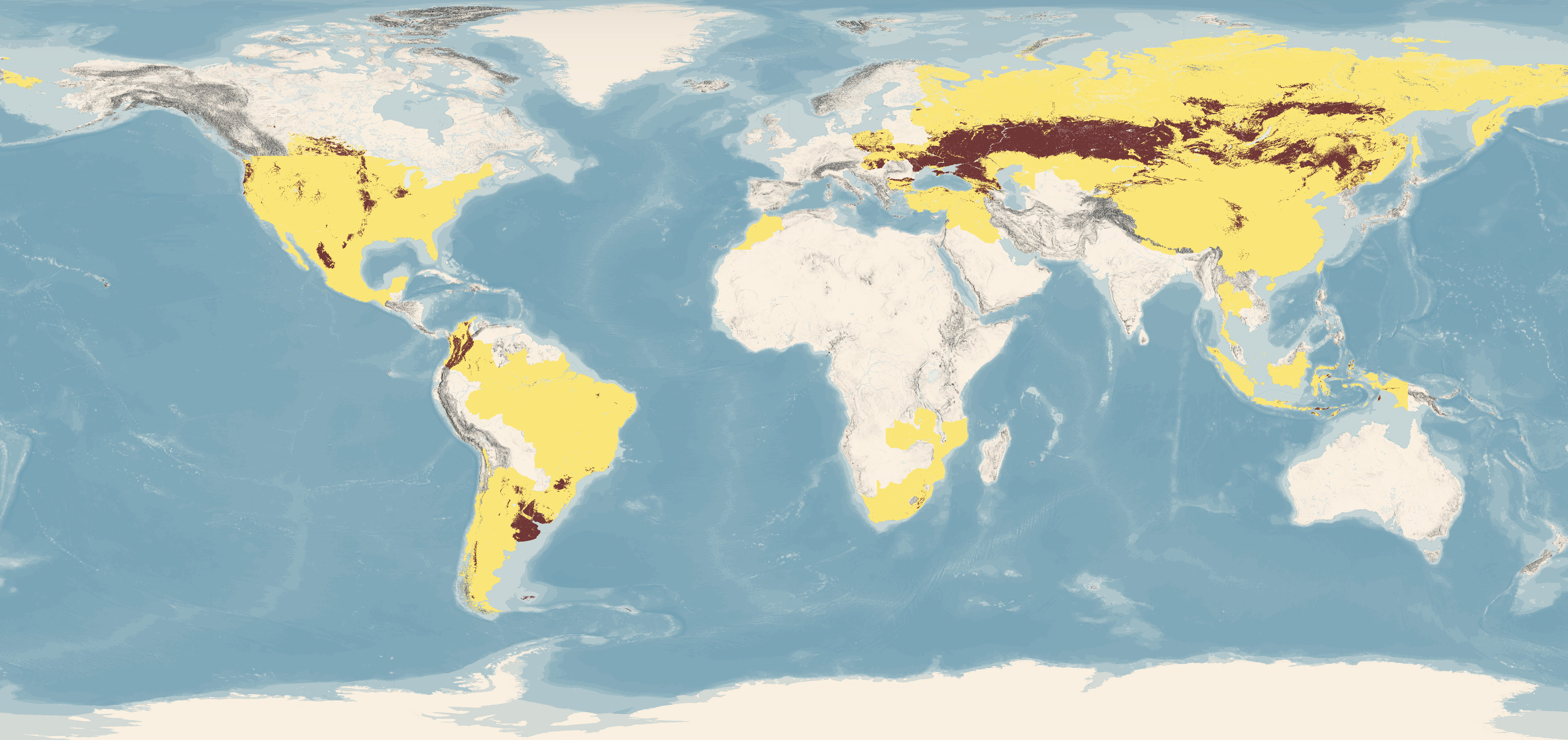
GBSmap - v1.0 has just been launched! Click here to learn more
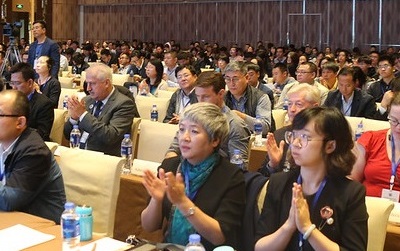
10 - 12 September 2018 | Harbin, China
Organized in collaboration with the Ministry of Agriculture and Rural Affairs of China and the government of the Heilongjiang Province, the Symposium promoted the sustainable use and management of black soils.
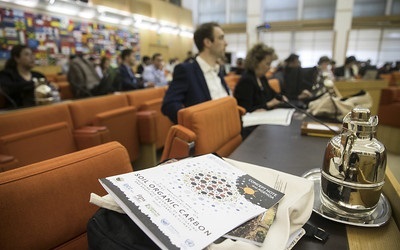
Recommendations from the Symposium
Prioritizing soils with the highest carbon stocks in the development of national and regional policies on soil conservation to prevent SOC losses.as per the GSOC17 recommendations.
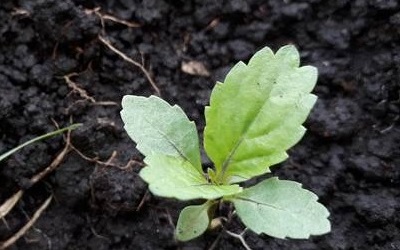
Raising awareness for food security
Over 60 photos from 20 countries received for the contest, which challenged people to show the current status of black soils in their area or ways in which the region's black soils are sustainably managed
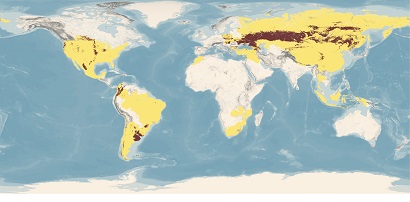
INBS coordinated the mapping process.
On-the-job trainings conducted in 2020-2021
INBS agreed to advance science and technology of black soils management in the world
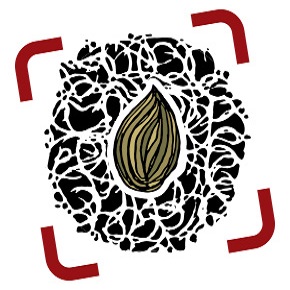
The International Network of Black Soils (INBS) provides a platform for knowledge sharing for countries with black soils to discuss common issues.
Learn More
The International Network of Black Soils (INBS) provides a platform for knowledge sharing for countries with black soils to discuss common issues.
Learn MoreINBS agreed to advance science and technology of black soils management in the world

The International Network of Black Soils (INBS) provides a platform for knowledge sharing for countries with black soils to discuss common issues.

IRIBS was launched on 10 June 2022 through a FAO/INBS virtual event. The People’s Government of Heilongjiang Province of China proposed its establishment in the framework of the INBS.

INBS has been postponed and will held its third workshop on 13 - 14 December 2021.

The training session is creating the Global Black Soil map following the indications provided in the guidelines.

INBS held its working session online through the Zoom platform.

ITPS finalized the definition of black soils and focused on the preparation of the Global Status of Black Soils.

The second workshop of the International Network of Black Soils (INBS) was held in Chisinau, Moldova on 04 - 05 October 2019.
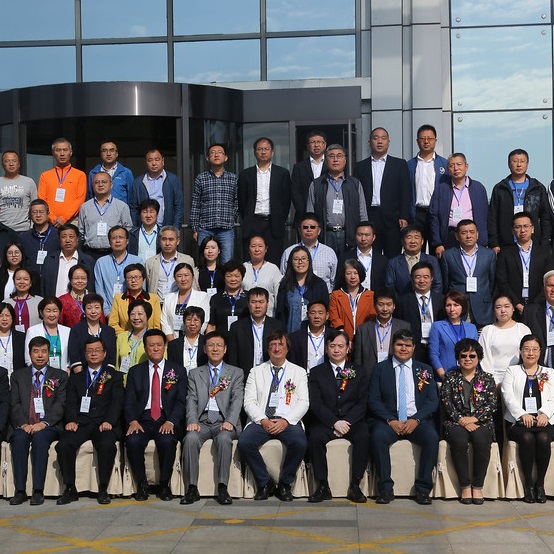
During the International Symposium on Black Soils, INBS discusses the structure and roadmap of the network.
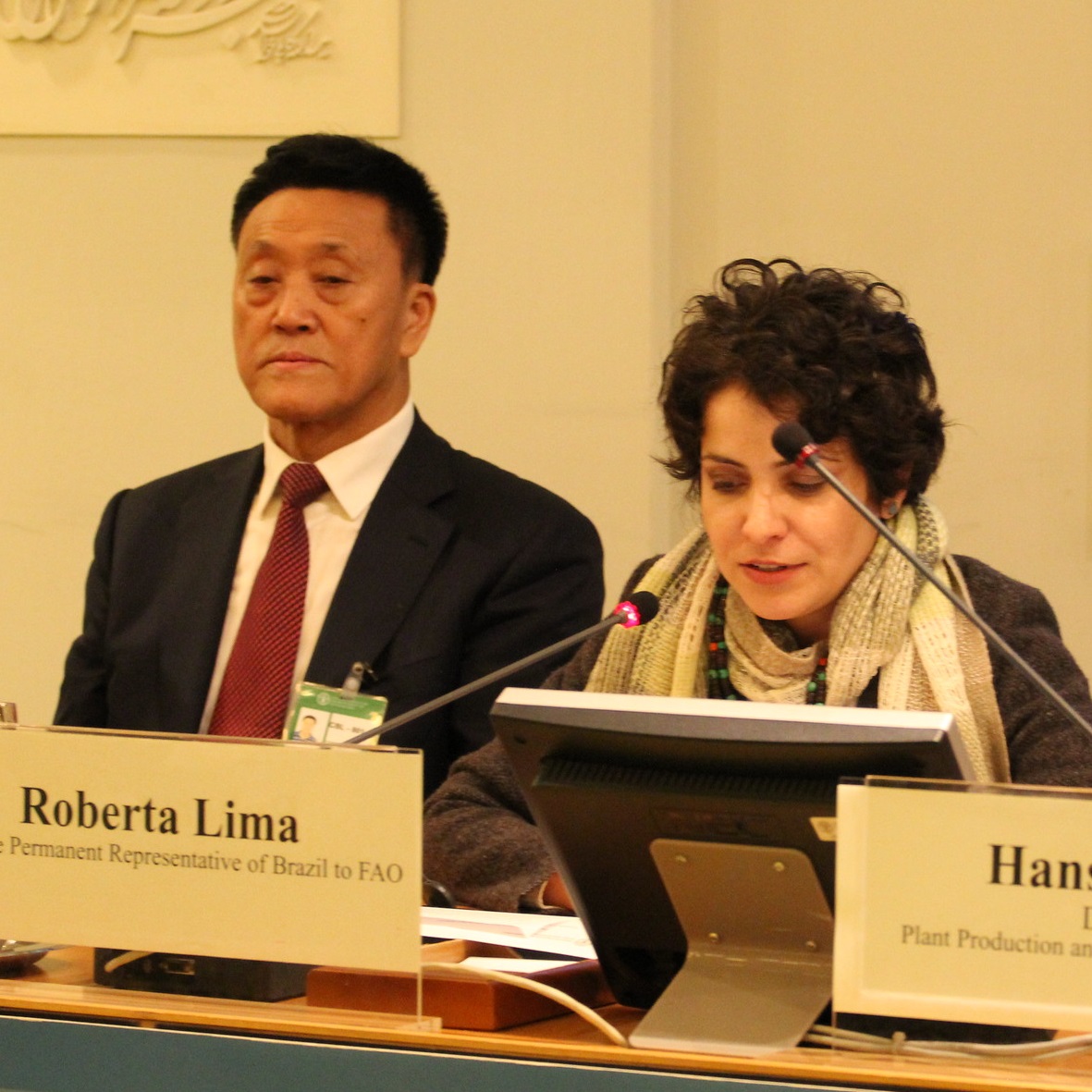
The International Network on Black Soils was established during the Global Symposium on Soil Organic Carbon (March 2017).
